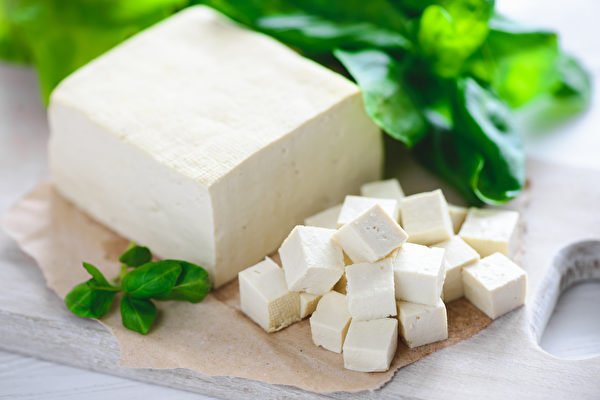Brazil’s culinary capital, Sao Paulo, is famous for its expensive barbecue and luxurious sushi feasts. However, in some high-end restaurants, soybeans are emerging as a novel star ingredient on diners’ tables. In this South American country that produces soybeans, tofu is considered a luxury item only the wealthy can afford.
According to a report by Reuters, in Asia and other markets, soybeans are synonymous with affordable daily protein. As the world’s largest soybean producer, Brazil ships over one million tons of soybeans to China on average every week. However, Brazilians themselves consume very little soybeans, leading to soybeans becoming a pricey niche product.
On social media pages meticulously curated by high-end Brazilian chefs, one can find tofu blocks adorned with edible flowers and edamame drizzled with rice wrapped in carrot slices.
At a supermarket in Sao Paulo, purchasing 250 grams of tofu can cost a day’s worth of wages for Brazilians earning the minimum salary.
“This is a form of indulgence,” stated Lucinete Magalhaes after ordering a tofu dish at the upscale Jardins restaurant. “In Brazil, we are used to eating black bean rice every day, but we view soybeans differently.”
Jacobo Golbitz, who conducted research on this topic a few years ago, explained that this cultural shift is to blame.
Brazil only began large-scale soybean production in the 1970s. At the time, new scientific technologies opened doors for growing this cash crop in the country’s vast and sparsely populated inland areas.
While Brazilians consume black beans daily, they are still skeptical of these green beans from abroad. These green bean products are primarily exported to Asia and Europe for feeding cattle, pigs, poultry, and fish.
Brazil is expected to produce a record-breaking 170 million metric tons of soybeans in the next harvest season, surpassing the United States with 125 million metric tons. Brazil overtook the United States in soybean production in 2020.
“We often experiment with tofu, comparing different flavors and textures,” said Maria Cermelli, the owner of Sushimar restaurant in Jardins. “It is still a novelty, but it is becoming increasingly popular.”
Approximately 98% of Brazil’s soybeans are genetically modified organisms (GMOs) to resist herbicides used in large-scale plantation agriculture.
Thus, companies that offer tofu and soy milk to discerning Brazilian consumers rely on expensive organic non-GMO soybeans or import products from distant Japan, keeping prices high.
“Importing soybeans into Brazil is absurd,” stated Alexandre Lima Nepomuceno from the Embrapa research department of the Brazilian Ministry of Agriculture. The department pioneered soybean production in Brazil fifty years ago.
“The controversy surrounding GMOs has led each country to enact its own legislation, often complex and confusing, not only increasing costs but also making this business nearly impossible.”
While Brazilian law does not prohibit citizens from consuming genetically modified soybeans, companies spare no effort to pay high premiums to acquire traditional soybeans. For many, traditional soybeans have become synonymous with organic and healthy ingredients.
“Creating demand for non-GMO soybeans is not easy,” stated Gus Guadagnini, CEO of the Good Food Institute in Brazil, a think tank focused on developing meat alternatives.
Brazilian companies producing traditional soybeans often require large investments. Caramuru, the largest oilseed processor in the heart of Brazil’s agricultural region Mato Grosso, has even established a factory exclusively for non-GMO soybeans.
Their agricultural input manager, Marcos de Melo, explained that parallel production is necessary as their tolerance for “contamination” of genetically modified soybeans is less than 0.1%.
However, Brazilian consumers will not be able to taste the final products from Caramuru’s dedicated non-GMO soybean production line. The company’s non-GMO soybean powder will be exported to Europe for animal feed.

